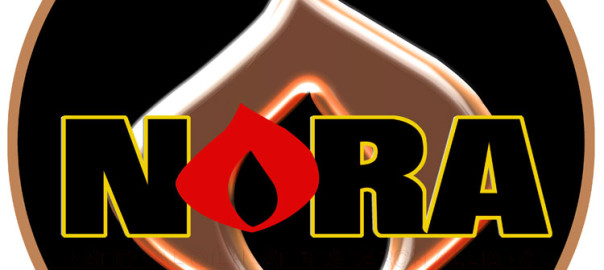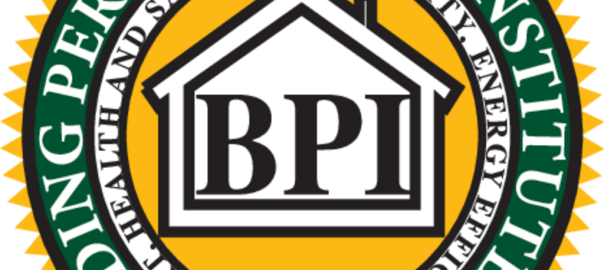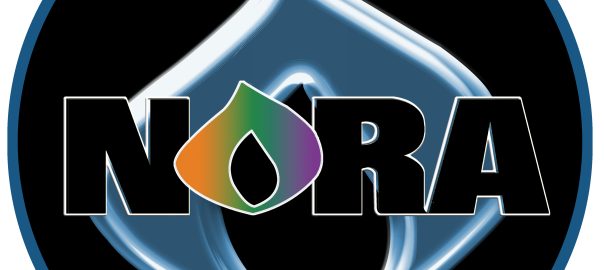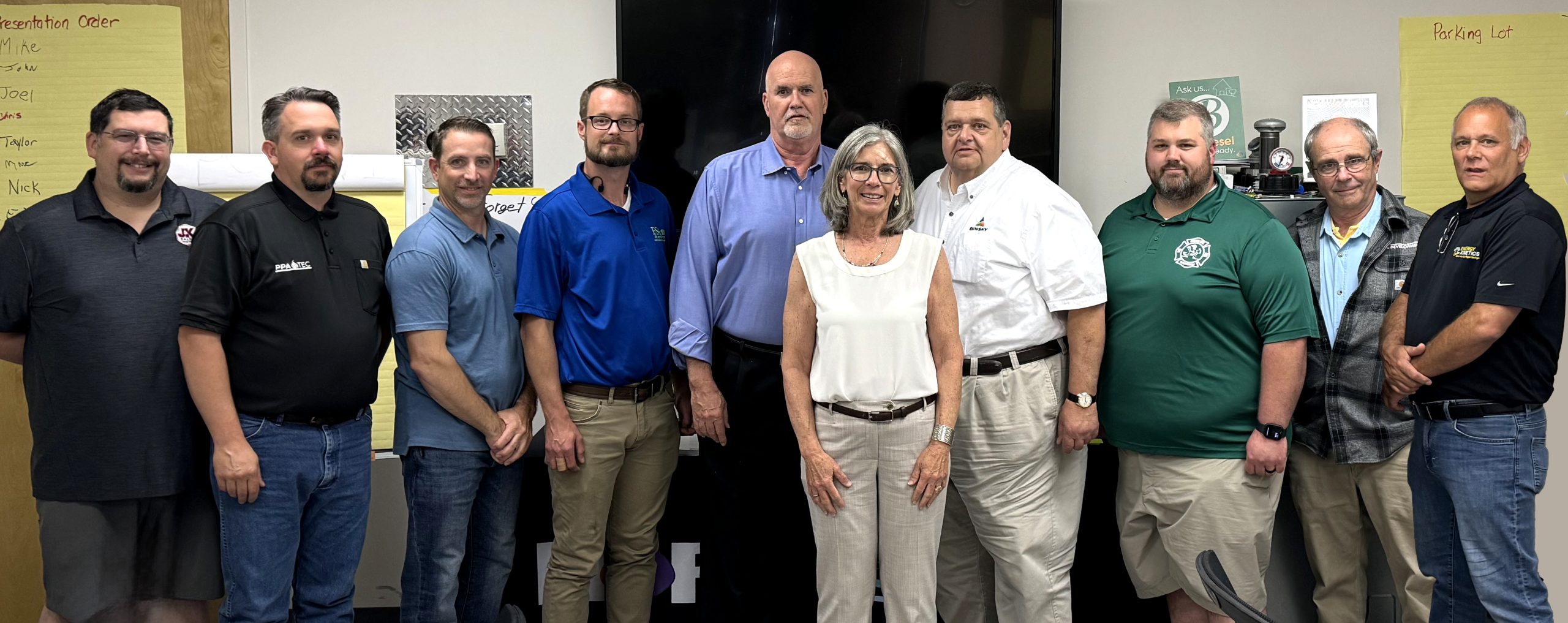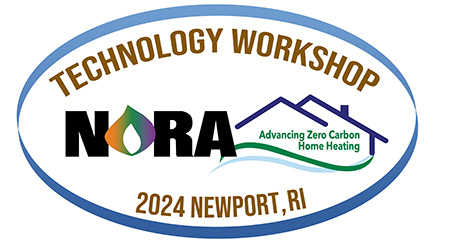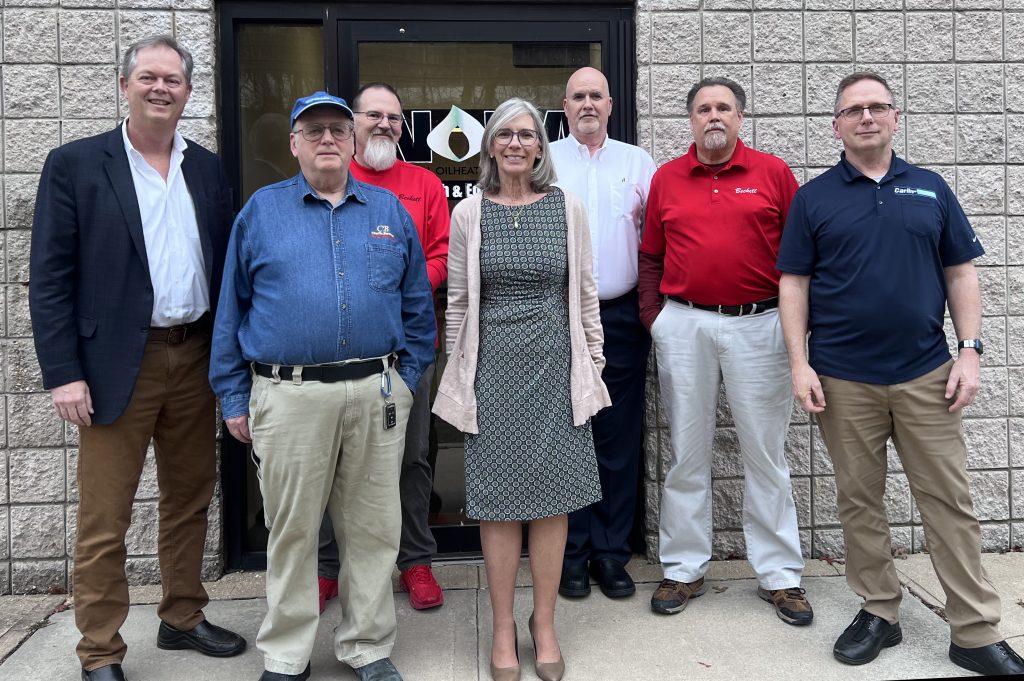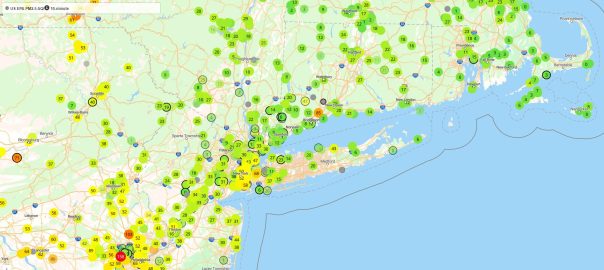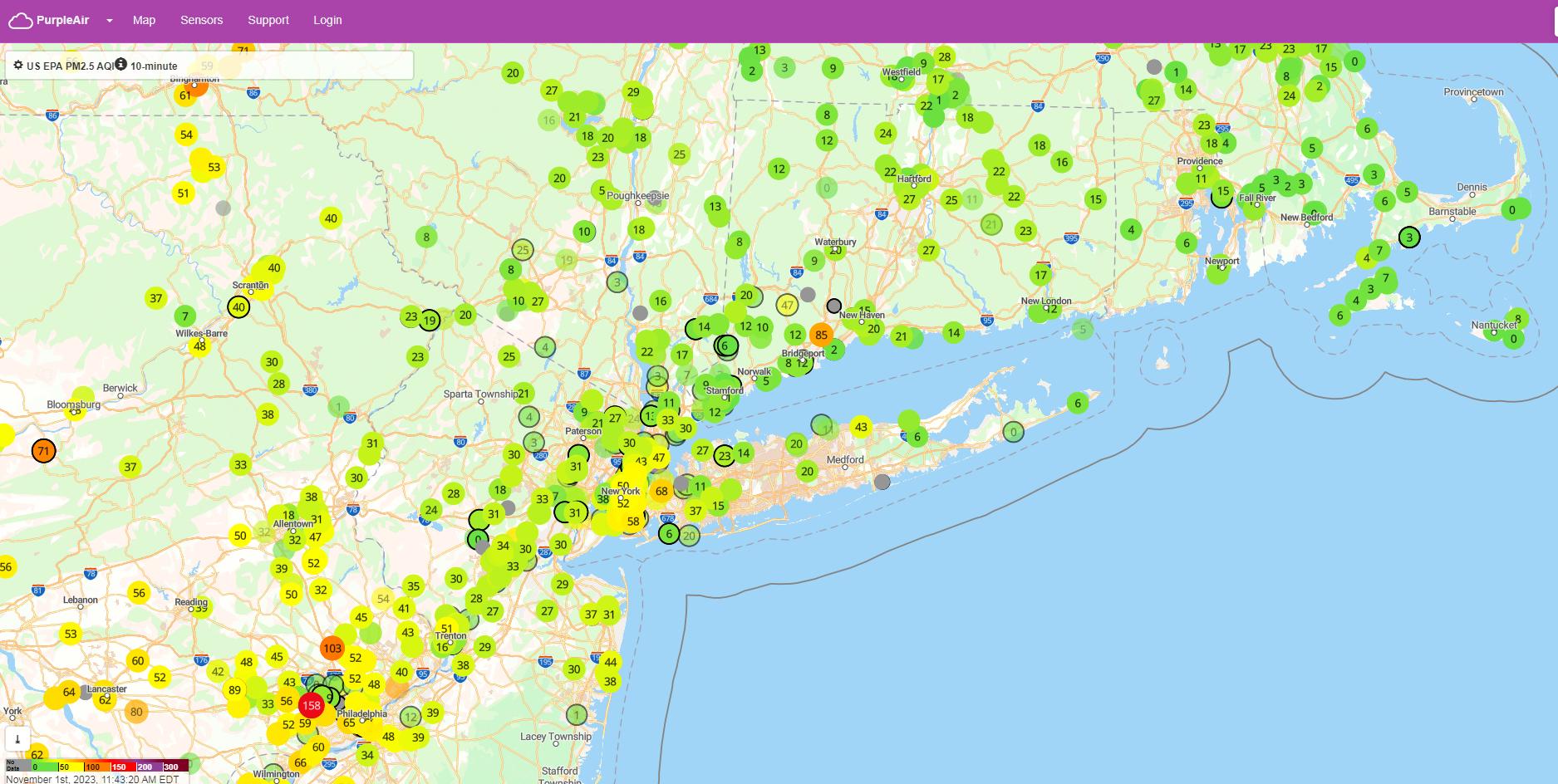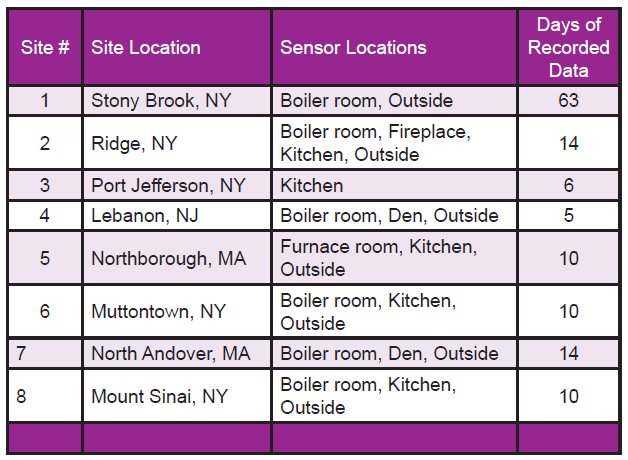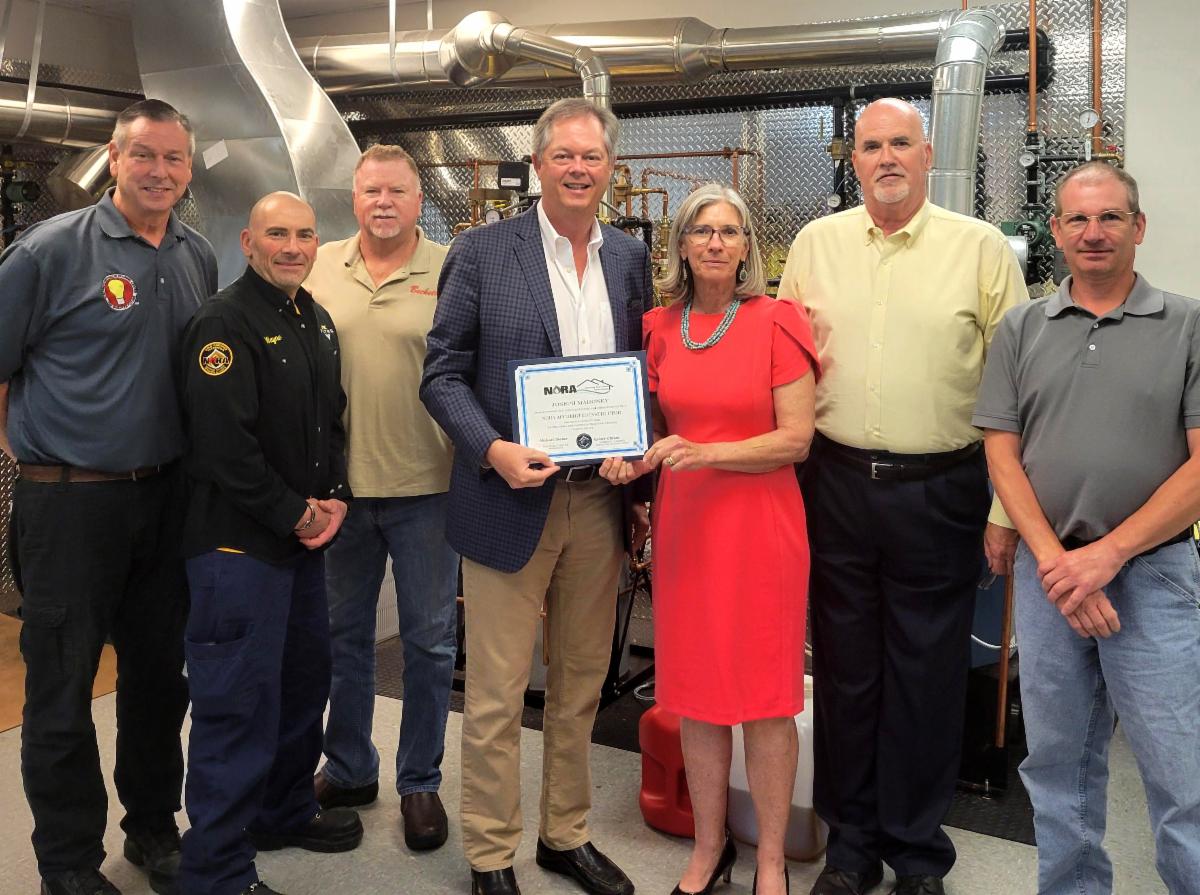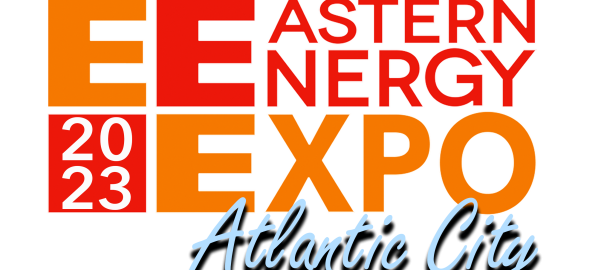NORA is proud to announce the expansion of its list of participating technical schools offering the Bronze Technician Training as part of the NORA Technician Education Program. This initiative, which aims to enhance workforce development and strengthen the future of the liquid heating fuels industry, now includes several new institutions committed to excellence in HVAC and energy efficiency training.
NORA Certified Technical Schools certified in 2025
• JP Keefe High School, Van Buren, ME
• Advanced Trade School, Brentwood, NH
• D.F. Richard Energy, Dover, NH
• Palmer Gas & Oil, Atkinson, NH
• Stafford Technical Center, Rutland, VT
• Whittier Regional Vocational Technical High School, Haverhill, MA
• Bristol Technical Education Center, Bristol, CT
• Norbert E Mitchell, Danbury, CT
• State University of NY (SUNY) at Morrisville, Morrisville, NY
The NORA Education Program is dedicated to promoting technical education and professional growth in the liquid heating fuels industry. By partnering with accredited technical schools, the program provides students and professionals with access to modern training resources, certifications, and hands-on experience with the latest heating technologies.
“We are excited to expand our network of technical schools to better serve students seeking careers in heating technologies,” said Bob O’Brien, Director of Education at NORA. “This growth supports our mission ensuring a well-trained workforce prepared for the evolving needs of the liquid heating fuel sector and its customers.”
With the addition of these new partner schools, NORA continues to prepare the next generation of technicians with tools and knowledge essential to maintaining and upgrading America’s home heating systems—particularly as the industry shifts toward low-carbon liquid fuels.
